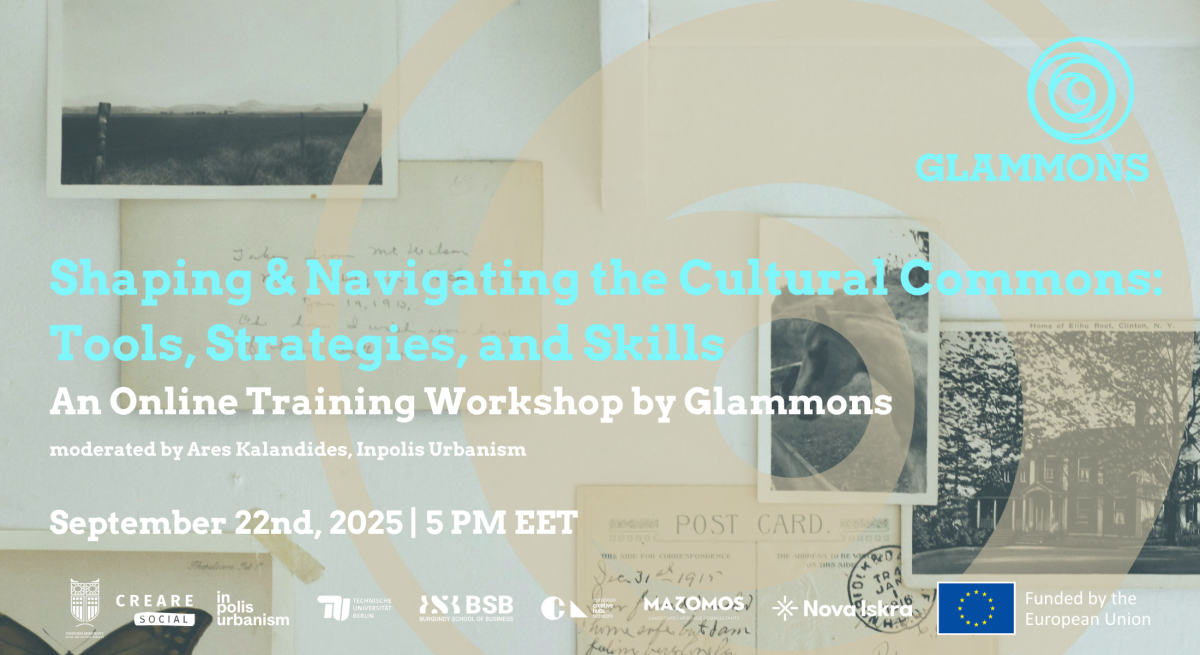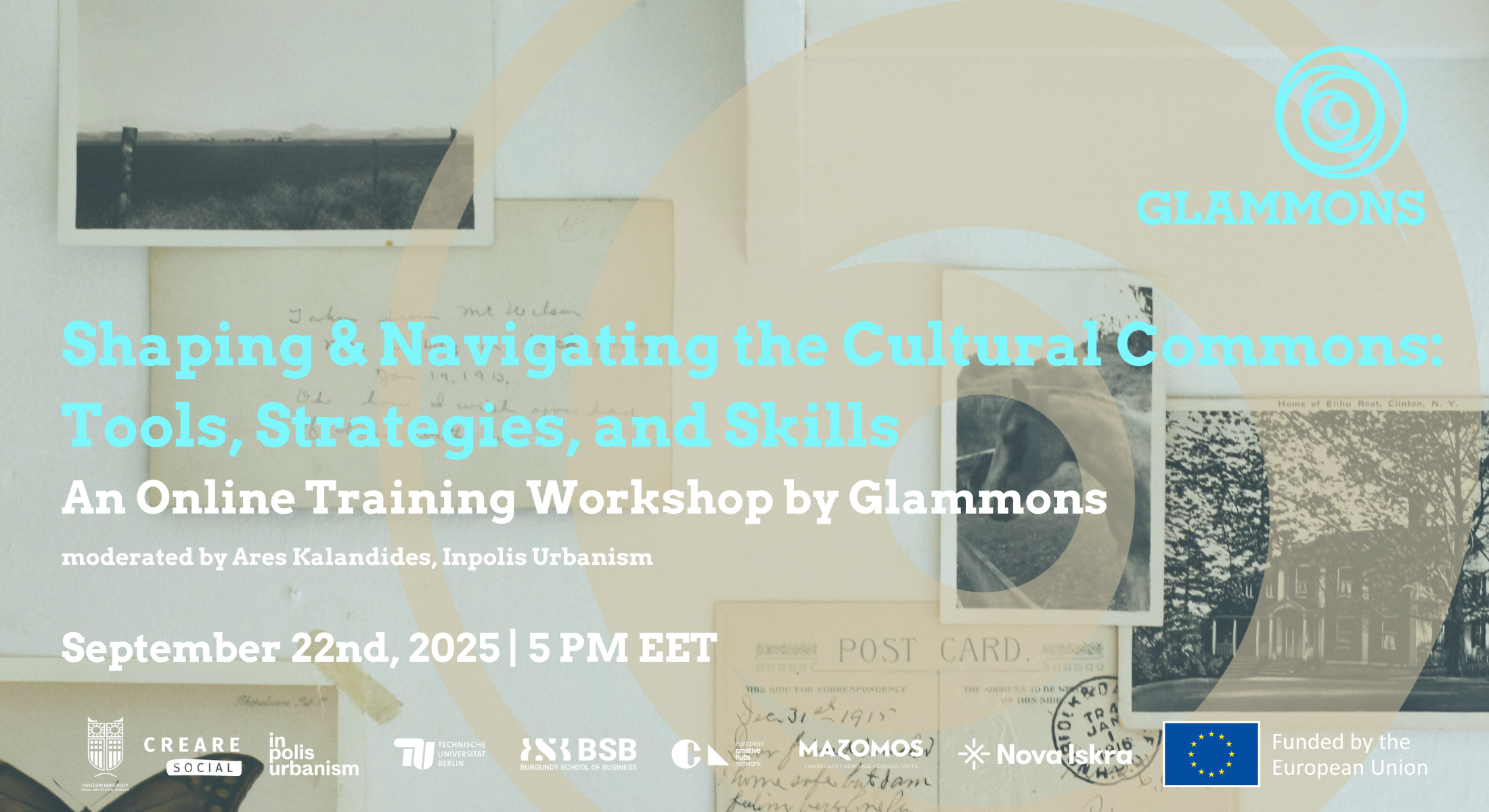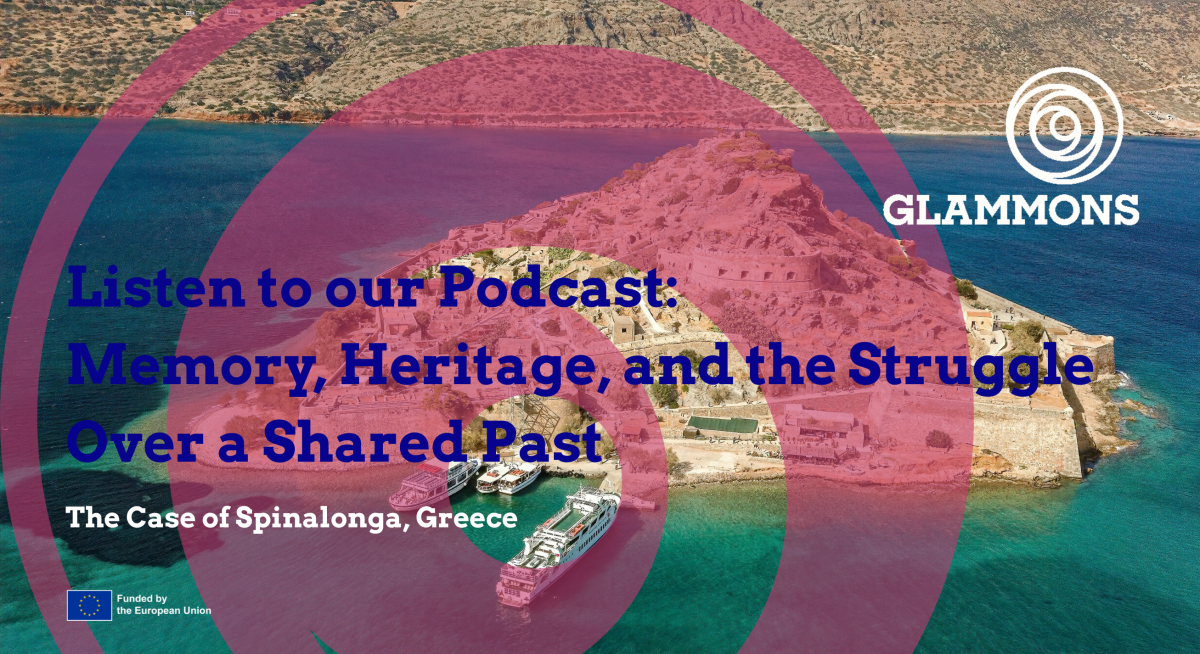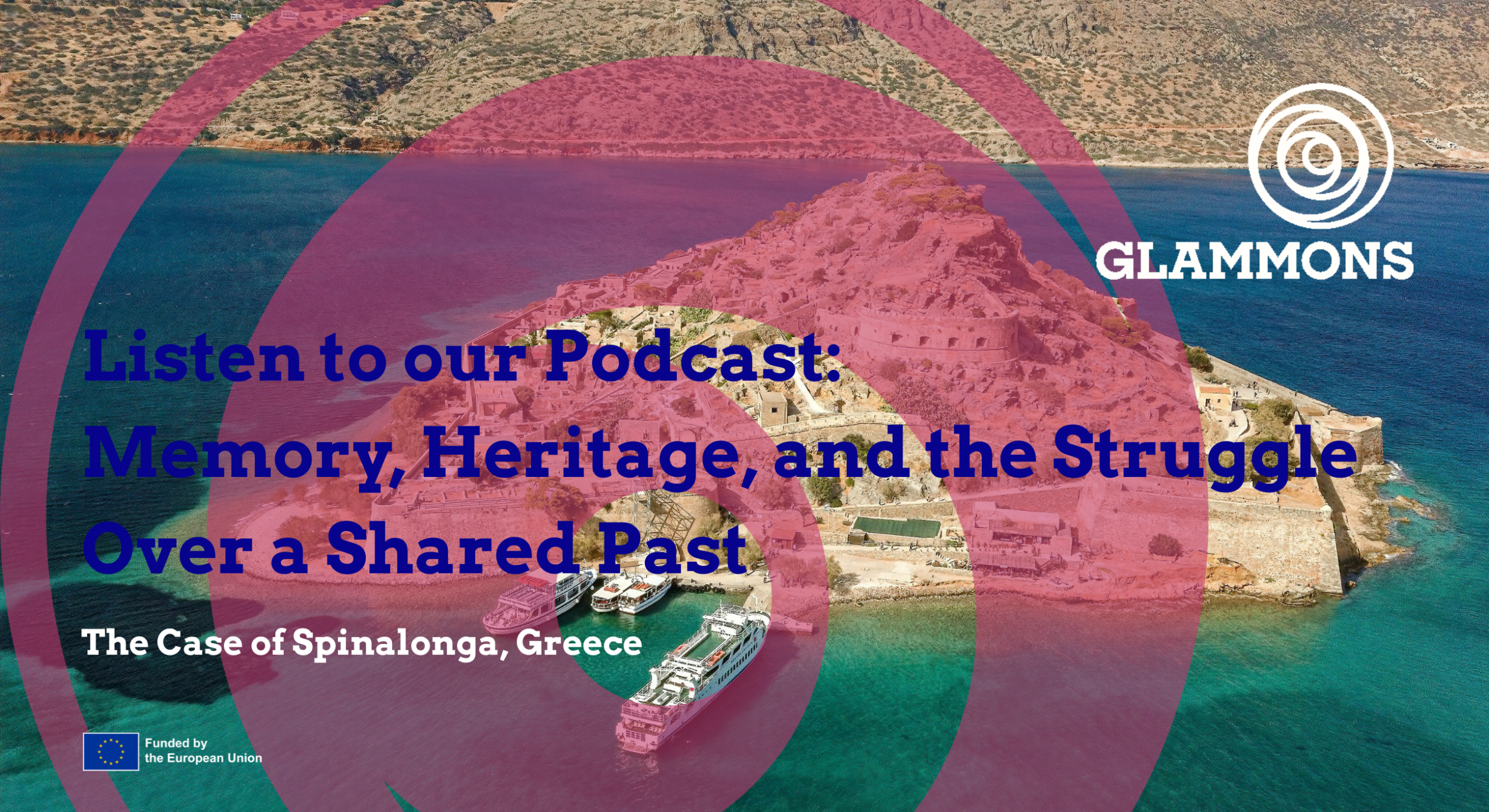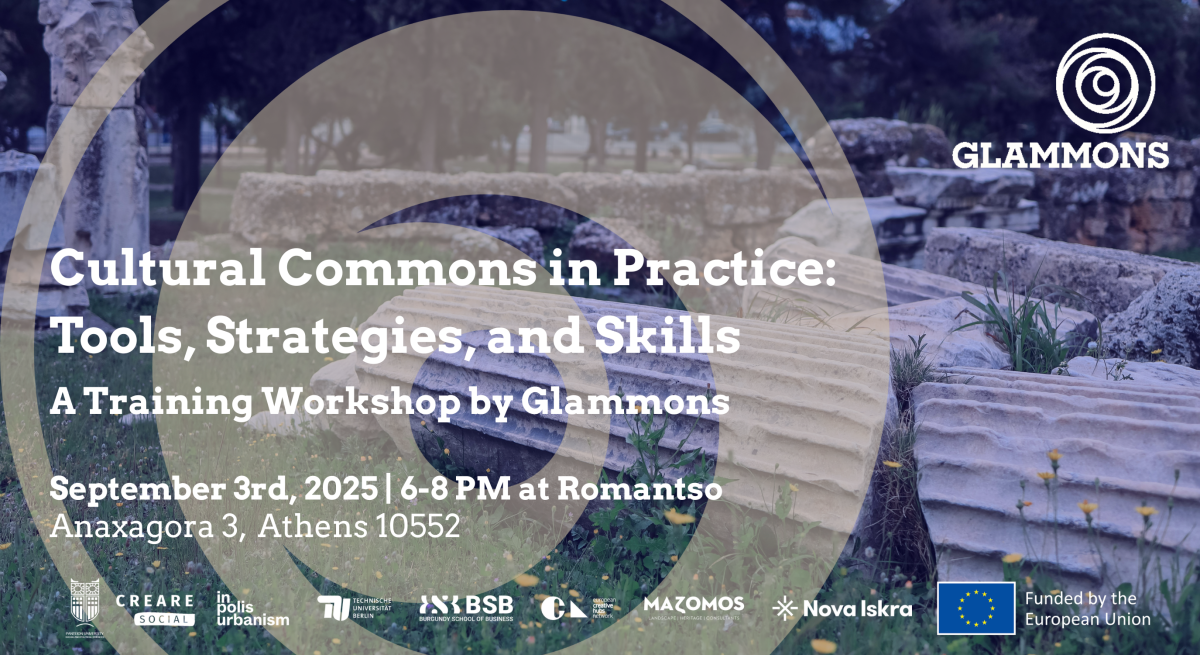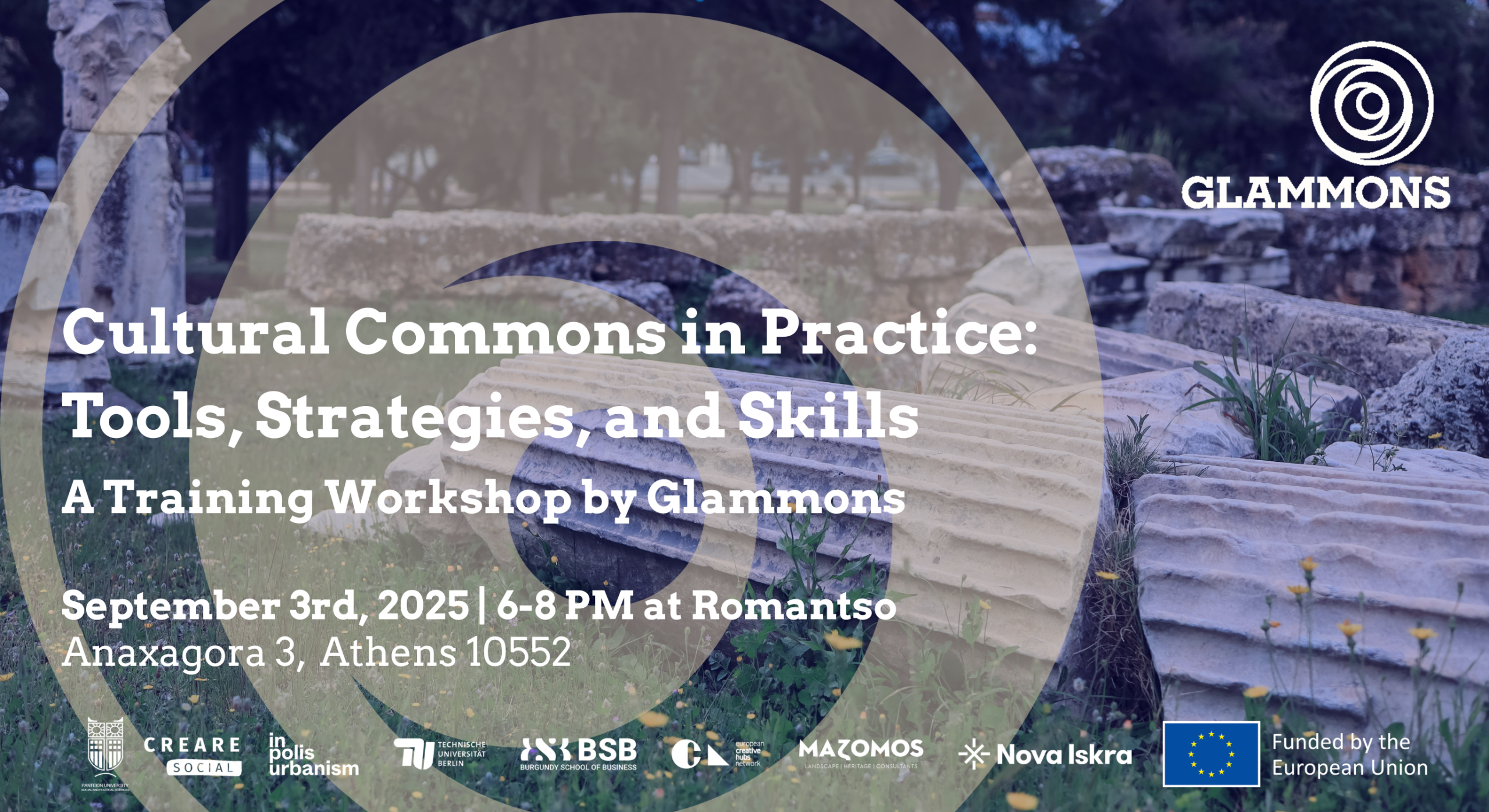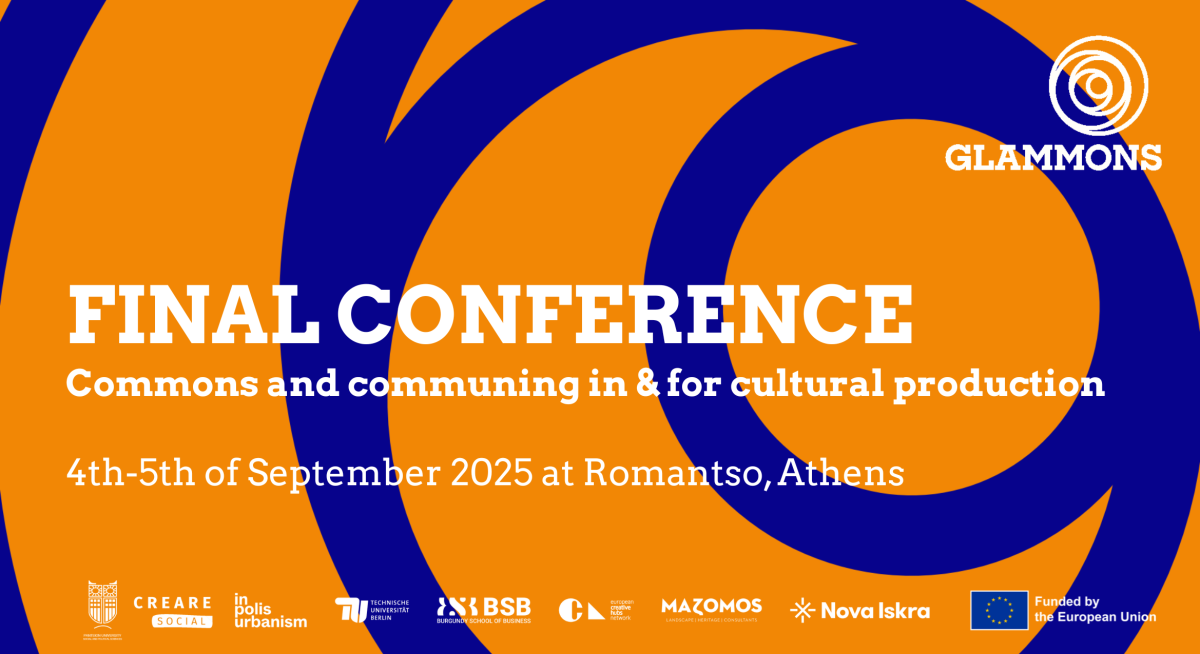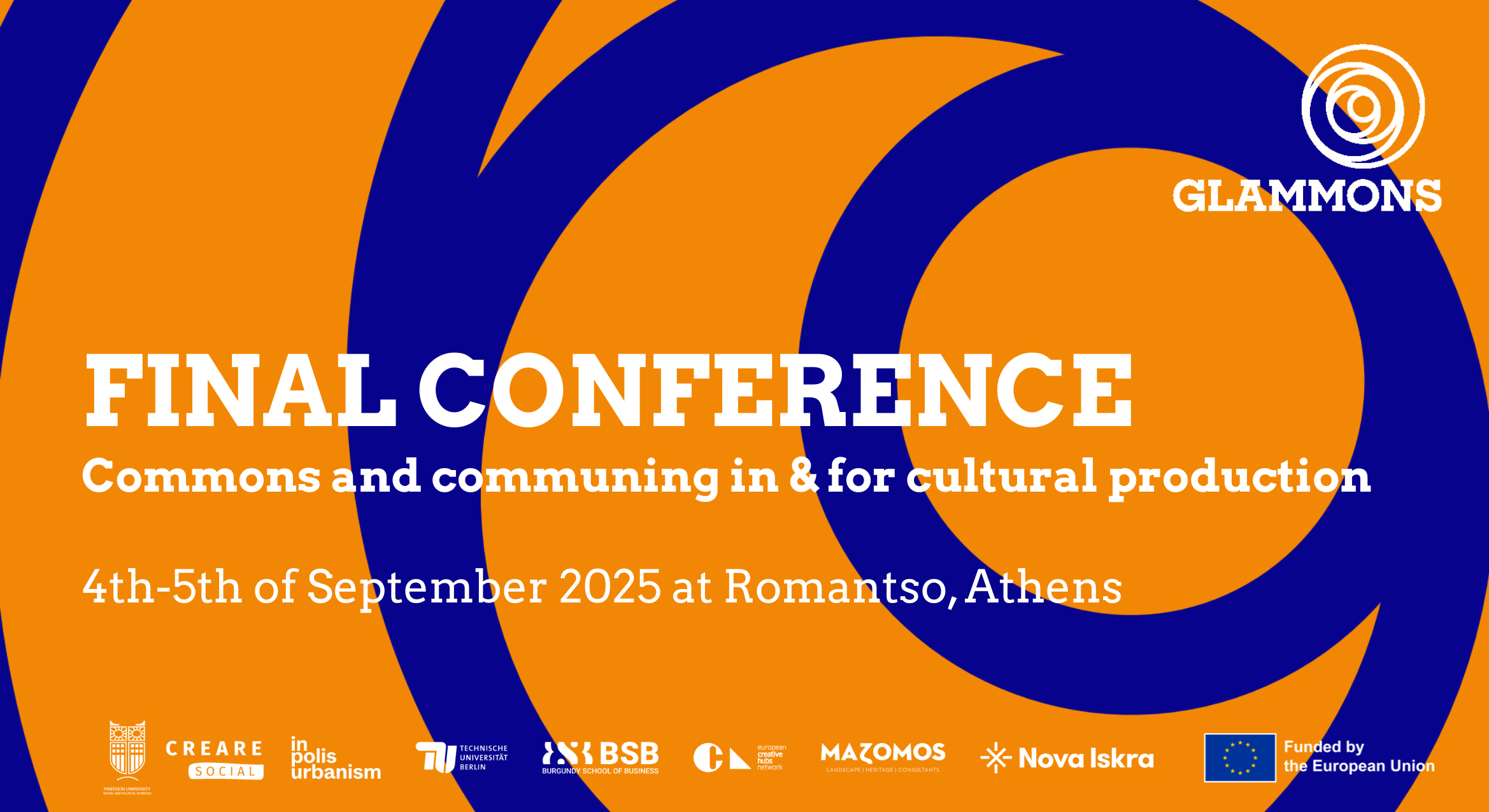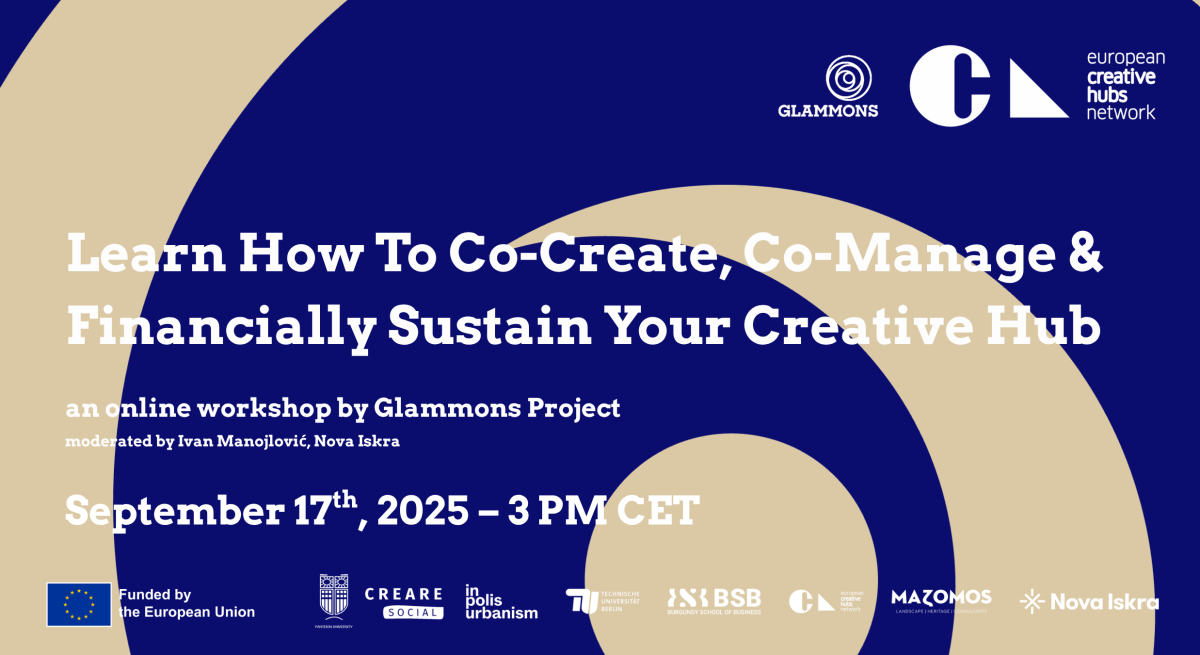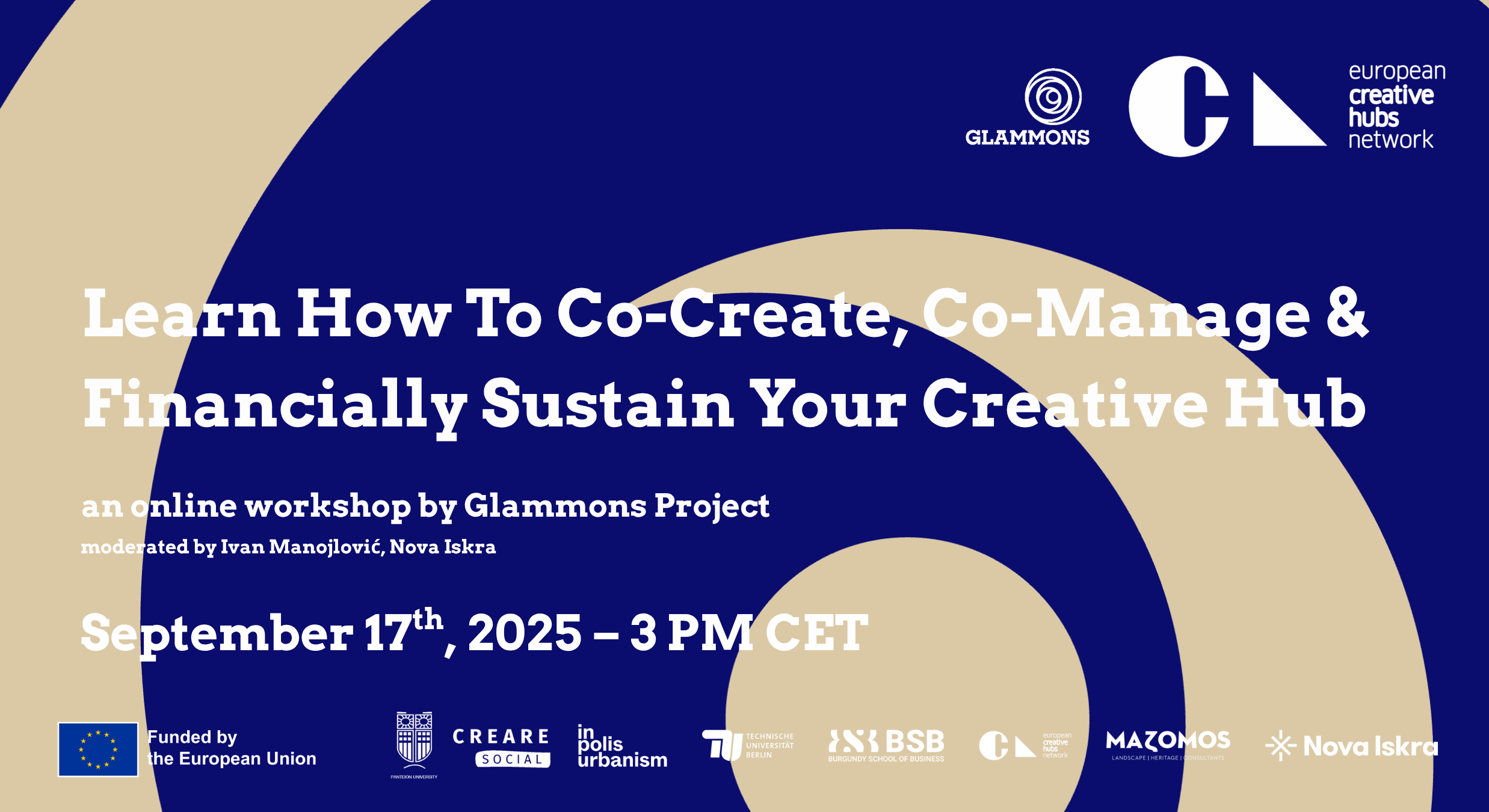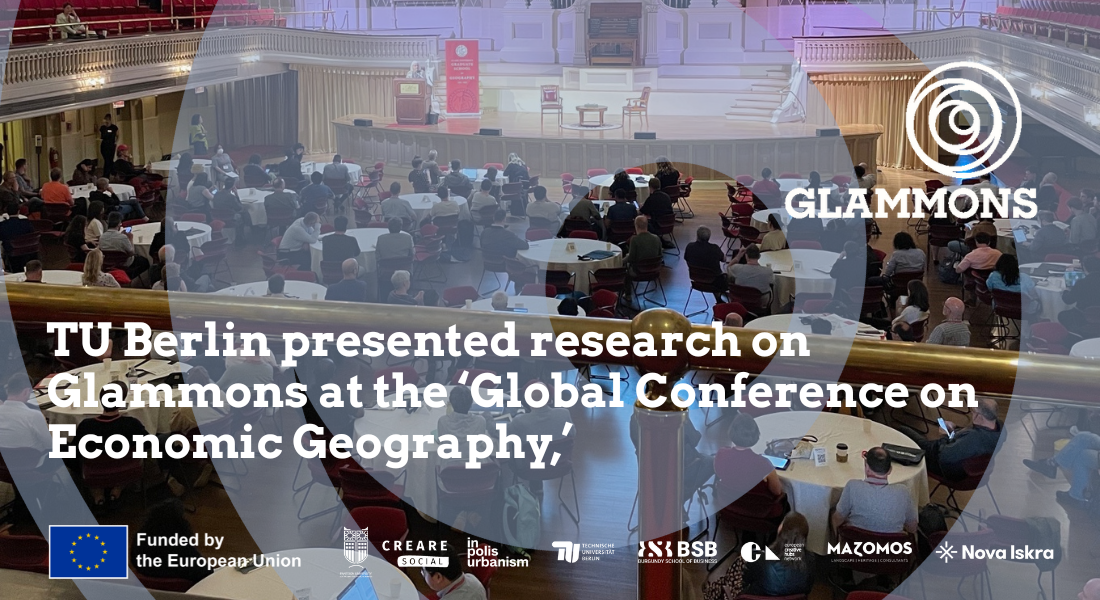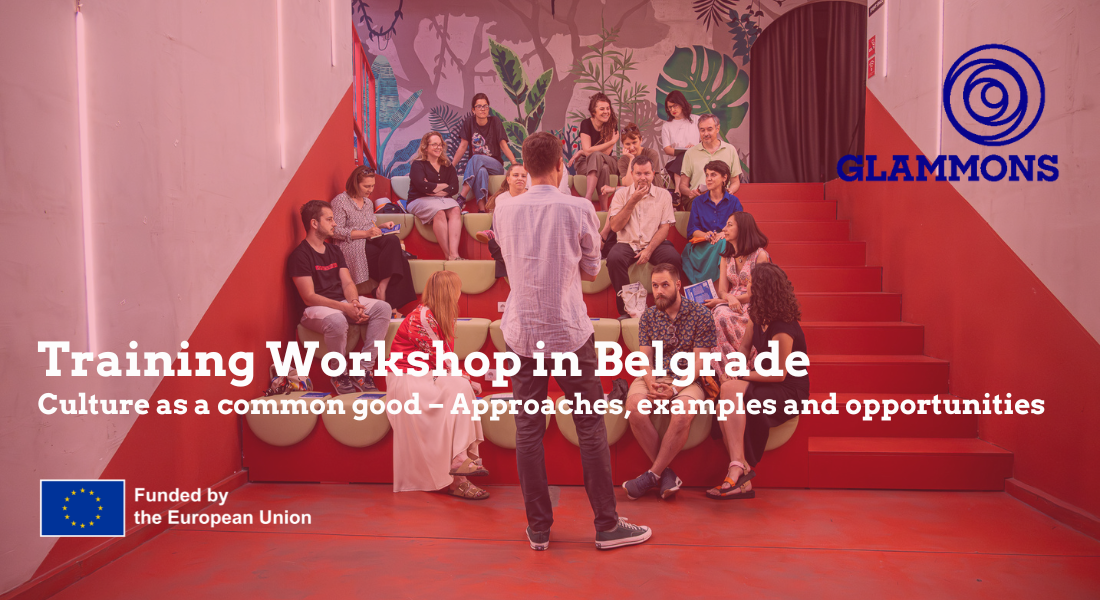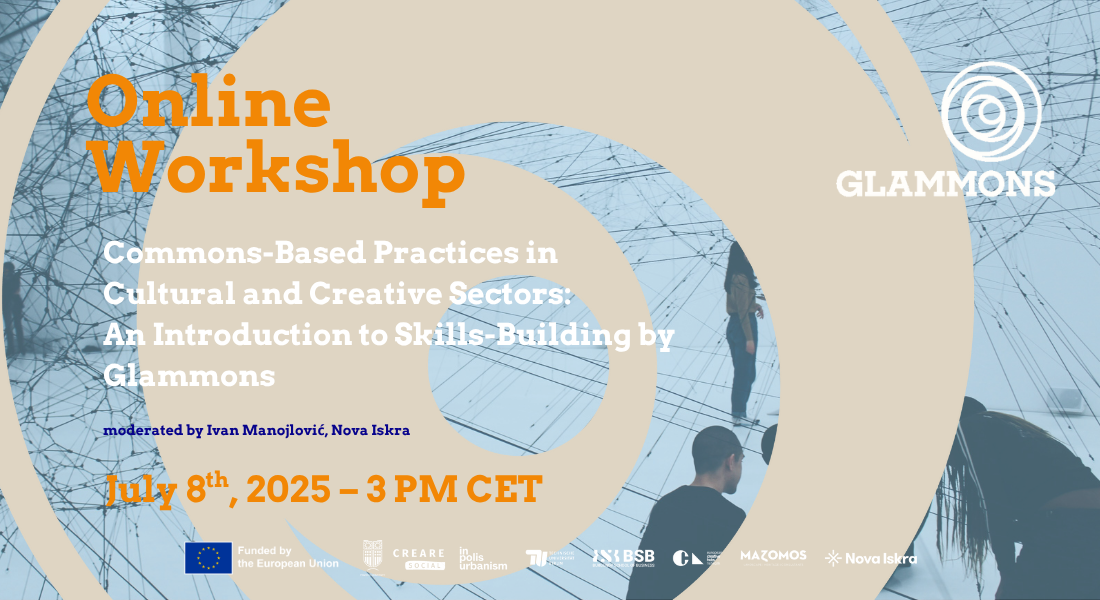GLAMMONS workshop discusses policy frameworks for cultural commoning in the GLAM sector
On Friday 27 June, the GLAMMONS project hosted a policy-focused workshop at TU Berlin. The workshop brought together researchers, cultural practitioners, and policymakers to collectively imagine the future of commons-based governance in the GLAM (galleries, libraries, archives, and museums) and cultural heritage sectors.
This event was a significant milestone in developing the GLAMMONS project, which seeks to increase the visibility, recognition, and long-term support of community-led cultural initiatives throughout Europe. In a collaborative setting, participants explored how public infrastructures, funding instruments and legal frameworks might be rethought to better accommodate non-institutional, collectively governed cultural practices.
Particular emphasis was placed on policy development at the municipal level, where many commons-oriented cultural initiatives are anchored in local contexts and depend on enabling frameworks, infrastructures, and partnerships to sustain their work. The workshop emphasised the role of city governments in creating favourable conditions for these initiatives and underscored the necessity of flexible, long-term mechanisms that are tailored to local circumstances.
At the heart of the discussions was a shared conviction that commons-based cultural initiatives represent an expanded, future-oriented understanding of cultural heritage. Their work closely aligns with key contemporary European cultural policy priorities, such as participation, diversity and civic engagement, as set out in frameworks like the EU Work Plan for Culture 2023–2026 and the Council of Europe’s Faro Convention. These initiatives also align with the direction set by UNESCO, particularly through the 2003 Convention for the Safeguarding of the Intangible Cultural Heritage, which prioritises practices, expressions and knowledge systems rooted in communities.
These international frameworks are increasingly calling for a shift away from centralised, state-curated understandings of cultural heritage, and towards more collaborative and decentralised approaches. Commons-based GLAM initiatives put these principles into practice. Through inclusive participation, recognition of marginalised perspectives, and creation of shared cultural spaces, they contribute significantly to the democratisation of cultural memory and meaning-making. Their practices are negotiated, caring and collective, embodying an inclusive, post-hegemonic notion of culture grounded in everyday life.
Nevertheless, the workshop also highlighted a number of structural challenges that these initiatives continue to face:
- a lack of visibility in cultural policy research and official statistics, due to insufficient data collection and inadequate monitoring systems
- the absence of legal recognition for commons-based organisational models (e.g. community-governed cultural institutions)
- barriers to accessing existing funding schemes, often due to inflexible legal or administrative requirements
- high administrative burdens associated with funding applications, which place a disproportionate strain on small-scale initiatives
- a lack of long-term and infrastructural support for commons-based cultural work;
- limited connectivity between commons initiatives and formal public institutions, such as museums, libraries, and archives
- insecure access to physical spaces, with many initiatives reliant on temporary or precarious arrangements;
- insufficient knowledge exchange and a lack of transferable good practice models across different contexts
- and a lack of platforms and mechanisms for ‘intercommoning’ – sustained cooperation and mutual learning among commons-based initiatives.
Designed as a space for co-creation and critical reflection, the workshop enabled participants to test and refine preliminary policy recommendations based on the project’s ongoing research. Discussions emphasised the need to move beyond extractive and competitive cultural policy models towards frameworks that support shared governance, care-based cultural labour, and territorially rooted cultural ecosystems.
Insights from the workshop will inform the forthcoming GLAMMONS policy briefs, due to be published in autumn 2025.
